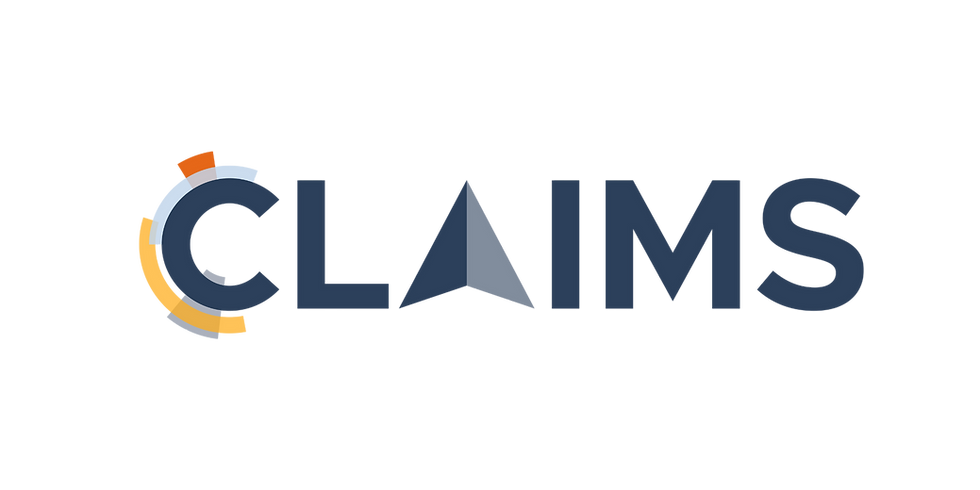One step closer to integrating magnetic resonance spectroscopy and multimodal imaging in medicine
- Milan Walraevens
- Jul 14, 2023
- 2 min read

It is the official end of INSPiRE-MED, a European training network funded by the European Union's Horizon 2020 research and innovation program, which ran from January 2019 to June 2023. “INSPiRE-MED stands for INtegrating Magnetic Resonance SPectroscopy and Multimodal Imaging for Research and Education in MEDicine,” specifies professor Dominique Sappey-Marinier from Université Claude-Bernard in Lyon (France), who has been the network’s coordinator.
“Our academic and industrial partners from all across Europe had the mission of training the next generation of researchers in an interdisciplinary scientific area at the intersection of engineering, computer science, medicine and biology,” he continues. The network has provided research and training opportunities to 15 early stage researchers in biomedical imaging, particularly in the field of magnetic resonance (MR) spectroscopy and spectroscopic imaging, combined with positron emission tomography (PET) and enhanced by machine learning techniques.
The recruited young researchers came from diverse backgrounds and their knowledge grew towards the overarching topics of the project through various workshops, which started with introductory aspects of magnetic resonance spectroscopy and culminated with advanced topics such as PET-MR and quantitative MRI in brain research. “Most of us started on this project in the second half of 2019, and we initially had no opportunities to meet each other due to the pandemic. In the virtual and subsequent in-person workshops, we learned a lot from hands-on exercises, such as in the machine learning workshop where we formed groups consisting of engineers and bio(medical) scientists, and had to use our complementary backgrounds to teach the computer to recognise healthy or brain tumour tissue using MR spectroscopy data,” said Amir Shamaei, one of the young researchers.
Now that the project comes to its official end date, we can look back over some of its successes. From improved acquisitions on MRI and PET scanners, to new insights into pathologies such as hepatic encephalopathy, prostate cancer, brain tumours, multiple sclerosis, or Tourette syndrome. From contributions to existing well-known software packages in the domain of spectroscopy (jMRUI, SpectrIm) and medical imaging (icobrain), to novel deep learning methodologies with applications in medical imaging (Factorizer) and spectroscopy (Deep-MRS-Quantification).
Among the experts advising the students during each network event was Dirk van Ormondt, retired Emeritus Professor Biophysics at Delft University of Technology in the Netherlands. He was the first coordinator in a series of research and training networks in this domain since 1994, and continued to be involved with developments in the fields. At the end of INSPiRE-MED, he promises: “I intend to continue surveying the new magnetic resonance-related literature.”
Visit https://inspire-med.eu/ for more details.
Acknowledgements: This project has received funding from the European Union’s Horizon 2020 research and innovation programme under the Marie Skłodowska-Curie grant agreement No 813120.



